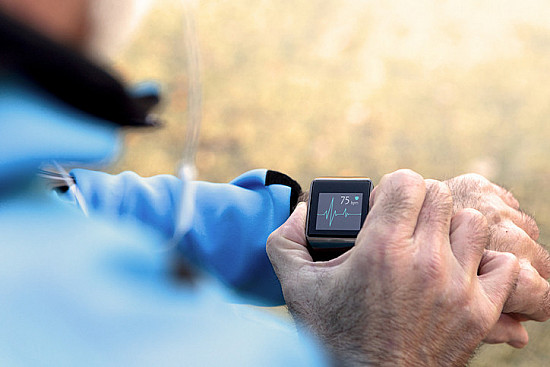Can LDL be too low?
Ask the doctor
Q. After a year of taking a statin, my LDL cholesterol measurement is 50 mg/dL, which seems awfully low. Is there any downside to a very low LDL?
A. Based on what we currently know, a low-density lipoprotein (LDL) level of 50 mg/dL appears to be reasonably safe, especially when attained naturally. Studies of people who've already had a heart attack suggest that lowering LDL to about 50 mg/dL provides further protection against recurrent cardiovascular events versus reaching a level of around 70 mg/dL. In studies lasting up to seven years or so, these lower LDL levels appeared to be well tolerated.
Several ongoing trials are now testing a new class of cholesterol-lowering drugs known as PCSK9 inhibitors to see if LDL levels lower than 40 mg/dL provide even greater protection against heart attacks and dying from cardiovascular disease. These studies will also examine the safety of having a very low cholesterol level, including a careful evaluation of any subtle effects on brain function.
Although the Internet is full of claims that cholesterol-lowering drugs cause memory problems, there is no good scientific evidence to date that supports a link between cholesterol-reducing drugs and memory loss or other cognitive problems.
-- Dr. Deepak Bhatt
Editor in Cheif, Harvard Heart Letter
Disclaimer:
As a service to our readers, Harvard Health Publishing provides access to our library of archived content. Please note the date of last review or update on all articles.
No content on this site, regardless of date, should ever be used as a substitute for direct medical advice from your doctor or other qualified clinician.















